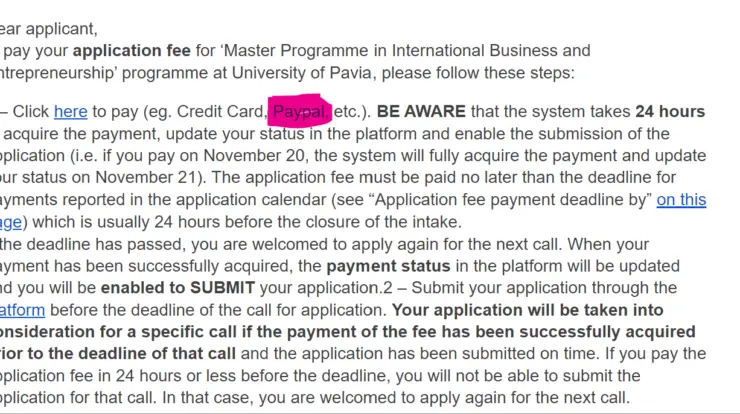
The foreign exchange market is the largest and most prevalent financial market globally and is a platform where currencies are traded. This vibrant market operates all day, five days a week. One pivotal aspect of Forex trading that often puzzles beginners is the concept of a ‘spread.’
In Forex trading, a ‘spread’ refers to the difference between a currency pair’s buying (bid) price and the selling (ask) price. The broker’s fee for their services is the cost traders incur when entering a trade. The spread will vary depending on market conditions, liquidity, and the traded currency pair. Understanding the spread is crucial for anyone venturing into the realm of Forex. It directly affects the profitability of trades, representing the initial cost that must be overcome before a trade becomes profitable. By comprehending how spreads work and factoring them into their trading strategies, traders can make more informed decisions and manage risk effectively.
Why is the spread significant?
The spread is vital for a few reasons. First, it acts as a significant determinant of potential profit or loss. For instance, if a trader buys a currency pair at the asking price and then proceeds to sell it back at the bid price immediately, they would incur an instant loss equivalent to the spread value.
Spreads can vary significantly between brokers and currency pairs. It is not uncommon for some brokers to charge lower spreads on popular currency pairs like EUR/USD while imposing higher ones on less popular pairs. Traders must consider the spread when choosing a broker and currency pair, which can significantly impact their profitability.
Fluctuations in spreads can signal changes in market conditions. During increased volatility or low liquidity, spreads sometimes widen as buyers and sellers become more aggressive in pricing. In contrast, spreads tend to narrow during stability and high liquidity periods.
How does the spread work?
Pips are short for ‘percentage in point,’ and they are the smallest unit of measurement in Forex trading. These pips represent the fourth decimal place in most currency pairs, with exceptions like Japanese Yen pairs, where they represent the second decimal place.
If a trader buys NZD/CAD at 0.8318 and immediately sells it back at 0.8313, they would incur a five-pip loss due to the spread. The trade would have to move in their favour by at least five pips to break even.
What affects the spread?
As mentioned earlier, spreads can vary depending on market conditions and currency pairs. Some of the primary factors that affect spreads include:
Market volatility
As mentioned earlier, increased volatility can lead to wider spreads because market participants are more uncertain about the value of a currency during times of high volatility and may demand higher premiums for exchanging it.
Liquidity
Liquidity is the ease at which a currency can be traded without causing significant price movements. Currency pairs with high liquidity tend to have lower spreads as they are easier to buy or sell, while those with inferior liquidity may have wider spreads.
Market maker vs. ECN/STP brokers
Market makers are brokers who create a market for their clients. This approach is achieved by taking the opposite side of their trades. They tend to offer fixed spreads, meaning the difference between the bid and ask price always stays constant regardless of market conditions. In contrast, ECN/STP brokers connect traders directly to the interbank market and typically offer variable spreads that change depending on market conditions.
Strategies for managing spreads
As a trader, it is essential to factor in spreads when designing your trading strategy. Here are some tips for effectively managing spreads:
Select a broker
Consider choosing a broker with competitive spreads, especially if you plan on trading frequently or scalping. Research and comparison among the best brokers locally in the UAE can help you find the best option for your trading style and budget.
Choose currency pairs carefully
As mentioned earlier, spreads refer to the difference between bid and ask prices, which will vary significantly between currency pairs. This variation is influenced by liquidity, market volatility, and trading volume. It is crucial to consider these spread dynamics when selecting which currency pairs to trade.
This approach is critical if you have a limited budget, as wider spreads could impact your overall trading costs. By carefully evaluating and understanding the spread characteristics of different currency pairs, you can make more informed decisions and manage your trading strategies effectively.
Be aware of news events
News events, such as economic reports and political announcements, can significantly impact market volatility and liquidity. It is essential to be aware of upcoming events and adjust your trading accordingly to avoid trading during volatile times.
Monitor spreads
To optimise your trading strategy, it is essential to closely monitor the spreads of your preferred currency pairs and broker. Doing so lets you identify patterns and potentially seize opportunities from favourable spread movements. This proactive approach lets you stay informed and make well-informed decisions, enhancing your trading experience and potential returns.
All in all
The Forex spread is an essential concept for anyone venturing into the world of currency trading. It represents a significant cost-impacting profitability and should be factored into trading strategies. Traders can effectively manage spreads by choosing a broker with competitive spreads, carefully selecting currency pairs, and staying informed about market conditions.
A lover of tech.





